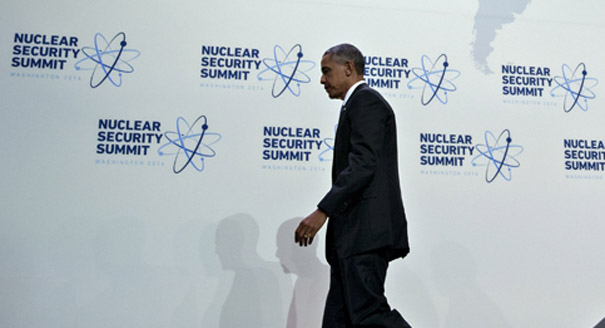Source: Security and Human Rights
The goal of a world free from nuclear weapons is directly related to the issues of international institutions and deterrence. Assuming that it would be possible, first, to move to significantly lower numbers of nuclear weapons and then to zero nuclear weapons, governing institutions would have to be resilient enough to respond in a timely manner and to uphold the bargain. But what factors determine and influence institutional resilience? And what would be the likely role of deterrence? This article first assesses what the general IR narratives tell us about determining factors. It then examines two empirical cases from the realm of arms control institutions (the CFE and the NPT treaties) and asks why these agreements are not as effective as intended. The next section discusses three additional factors of influence and identifies a shared interest in overcoming the deterrence principle as a key variable for institutional cooperation and as a factor that continues to influence resilience and effectiveness. The last section presents the conclusions.
This article was originally published in Security and Human Rights.





